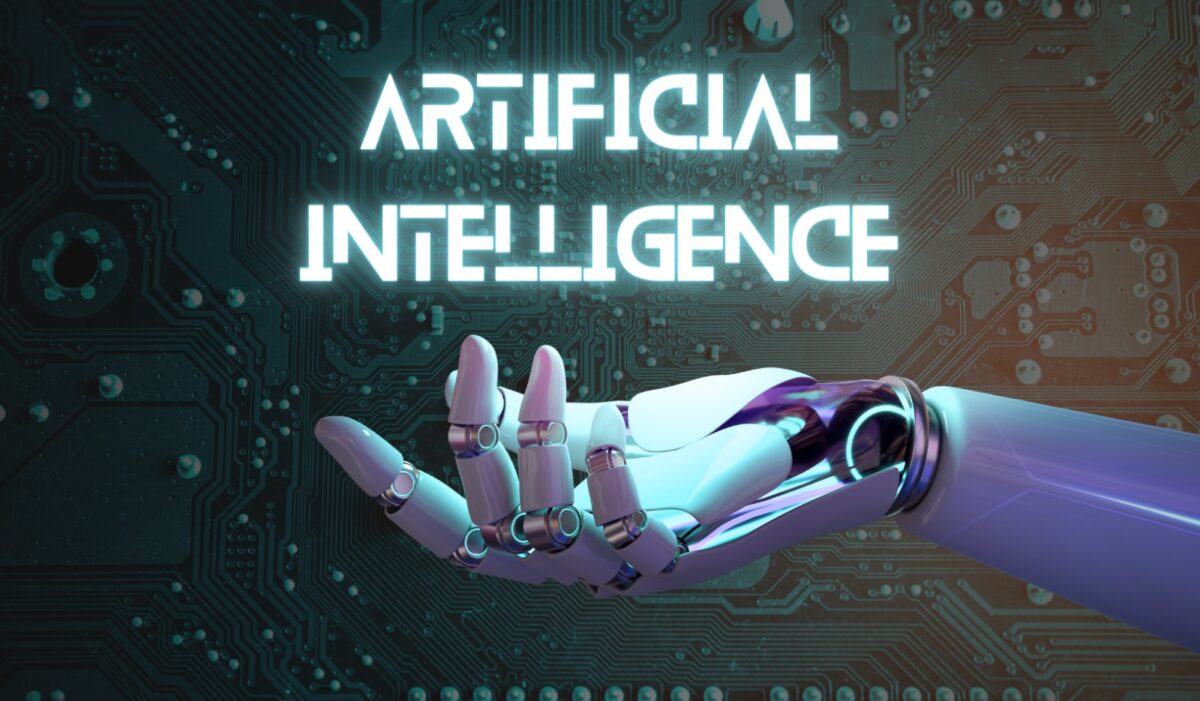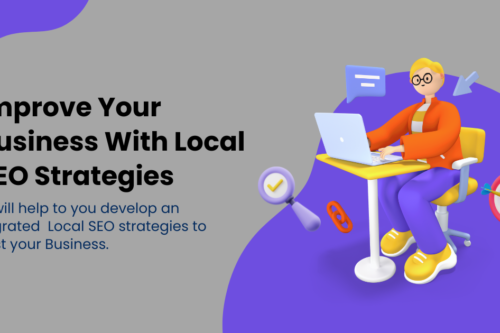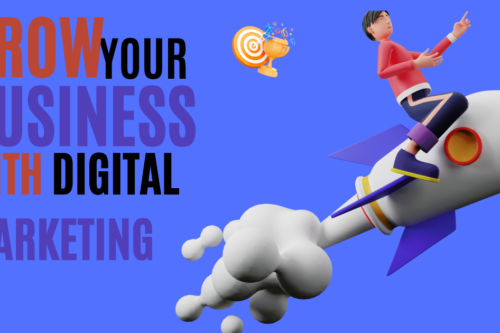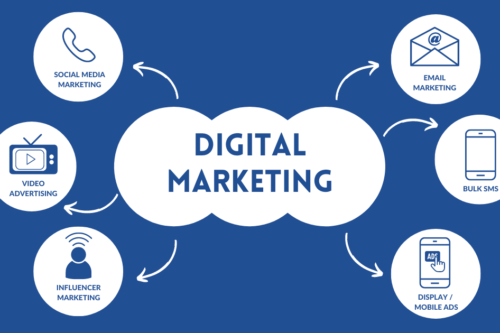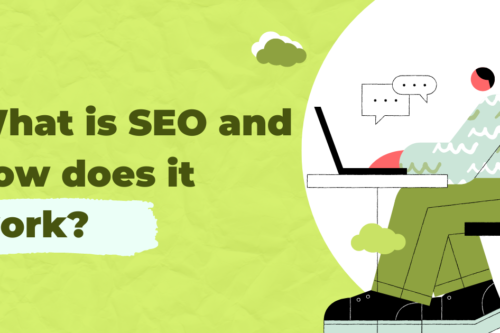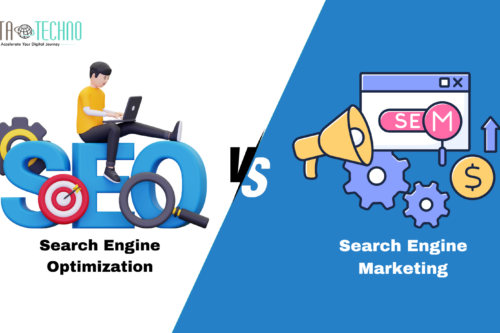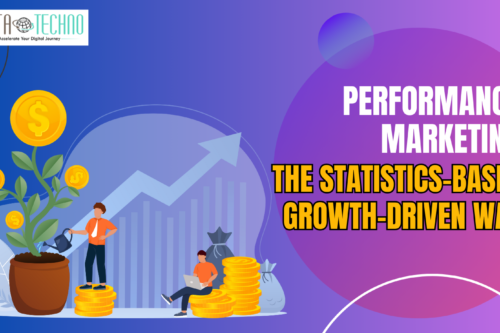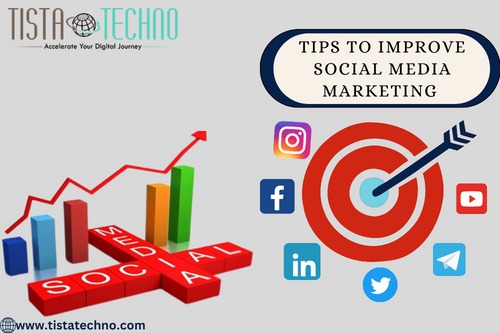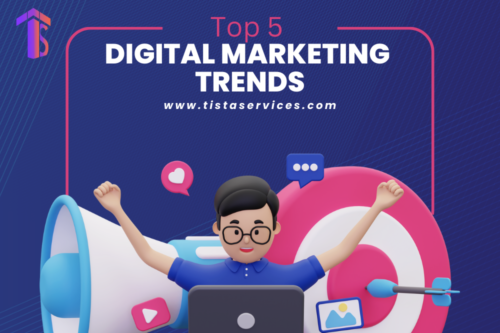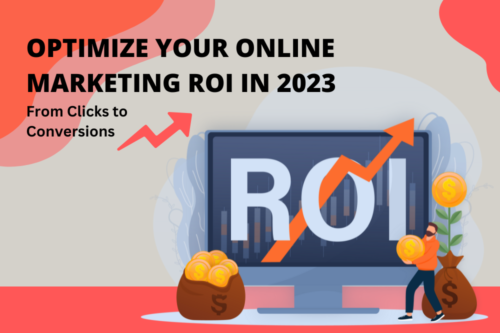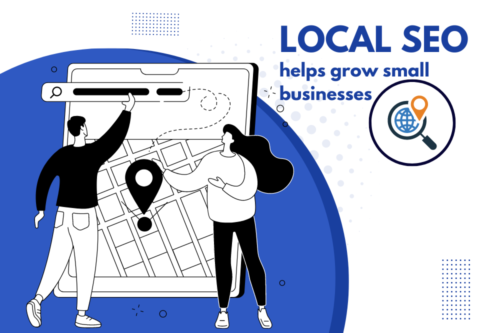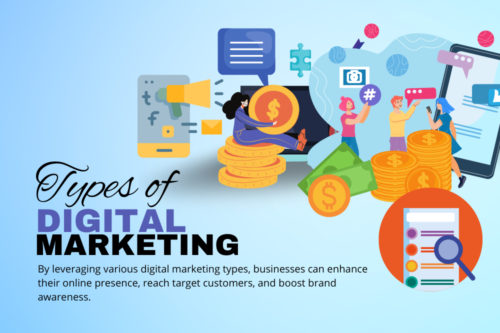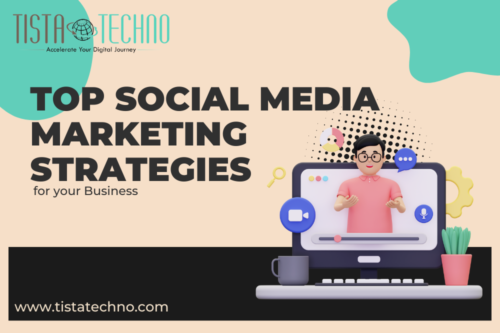Introduction
In this fast-paced digital era, technology has revolutionized the marketing landscape. Among the cutting-edge innovations, Artificial Intelligence (AI) has emerged as a game-changer, transforming the way businesses understand, interact, and engage with their customers. AI Marketing combines the power of artificial intelligence with marketing strategies to drive targeted campaigns, deliver personalized experiences, and optimize marketing efforts. In this comprehensive guide, we will explore the depths of AI Marketing, uncovering its potential, benefits, and real-world applications.
What is AI Marketing?
AI Marketing, also known as AI-powered marketing, refers to the use of artificial intelligence technologies and algorithms to enhance marketing strategies, campaigns, and customer interactions. It leverages machine learning, natural language processing, data analytics, and other AI techniques to collect, process, and interpret vast amounts of data. This enables marketers to gain valuable insights into customer behavior, preferences, and trends, ultimately improving the efficiency and effectiveness of their marketing efforts.
Understanding the Core Components of AI Marketing :
- Machine Learning : Machine Learning (ML) lies at the heart of AI Marketing. It involves the use of algorithms that enable computer systems to learn from data, identify patterns, and make data-driven decisions without explicit programming. In the marketing context, ML is used for predictive analytics, customer segmentation, content optimization, and personalized recommendations.
- Natural Language Processing (NLP): NLP enables computers to understand, interpret, and generate human language. In AI Marketing, NLP plays a vital role in sentiment analysis, chatbots, voice search optimization, and content generation. It enables brands to engage with customers more effectively and deliver personalized experiences.
- Data Analytics: Data is the lifeblood of AI Marketing. Advanced data analytics tools and techniques allow marketers to gather, process, and analyze vast datasets from various sources. By understanding customer behavior and preferences, businesses can tailor their marketing strategies and deliver targeted campaigns.
- Computer Vision: Computer Vision enables machines to interpret and analyze visual information, such as images and videos. In marketing, computer vision is used for visual search, image recognition, and personalized product recommendations, enhancing the overall customer experience.
The Benefits of AI Marketing :
AI Marketing offers a plethora of advantages that can empower businesses to thrive in the competitive digital landscape. Let’s explore some of the key benefits:
- Enhanced Customer Understanding- By leveraging AI technologies, marketers can gain deeper insights into customer behavior, preferences, and pain points. This understanding allows for more targeted and personalized marketing campaigns that resonate with the audience.
- Hyper-Personalization- AI enables the creation of highly personalized content and recommendations, tailoring marketing messages to individual customers. This level of personalization fosters stronger customer relationships and increases brand loyalty.
- Improved Customer Engagement- With AI-powered chatbots and virtual assistants, businesses can provide 24/7 customer support, answer queries, and offer personalized assistance. This constant availability enhances customer satisfaction and engagement.
- Optimized Marketing Campaigns- AI-driven data analytics helps in identifying the most effective marketing channels, timing, and content. By optimizing campaigns, businesses can maximize their return on investment and marketing efficiency.
- Predictive Analytics- AI Marketing enables predictive analytics, allowing businesses to anticipate customer behavior and market trends. This foresight helps in making proactive decisions and staying ahead of the competition.

Real-World Applications of AI Marketing :
- Personalized Product Recommendations- Online retailers and streaming platforms use AI algorithms to analyze customer behavior and provide personalized product recommendations. This boosts cross-selling and upselling opportunities while enhancing the user experience.
- Content Curation- Media and content platforms utilize AI to curate content based on individual preferences. This ensures that users receive relevant and engaging content, increasing user retention and platform loyalty.
- Chatbots and Virtual Assistants- AI-powered chatbots and virtual assistants offer instant and personalized support to customers, improving customer service efficiency and reducing response times.
- Social Media Listening- AI Marketing tools monitor social media platforms for brand mentions and customer sentiments. Brands can then respond promptly to customer feedback and manage their online reputation effectively.
- Programmatic Advertising- AI-driven programmatic advertising optimizes ad placements and targets specific audience segments, improving the efficiency of digital advertising campaigns.
Implementing AI Marketing Strategies :
- Define Clear Objectives- Before implementing AI Marketing strategies, businesses must outline their goals and key performance indicators. Clear objectives help in measuring the success and impact of AI-powered initiatives.
- Collect and Organize Data- To leverage the power of AI, businesses need high-quality and organized data. Data collection should be compliant with data privacy regulations, and proper data management practices should be in place.
- Choose the Right AI Tools and Platforms- There are various AI Marketing tools and platforms available, each catering to specific needs. Businesses must carefully choose the ones that align with their marketing goals and integrate seamlessly into their existing systems.
- Invest in AI Talent and Training- To extract the maximum value from AI Marketing investments, companies should invest in hiring AI talent and providing training to their marketing teams. This ensures that the teams can effectively use AI tools and interpret AI-generated insights.
- Monitor and Refine- AI Marketing is not a one-time implementation; it requires continuous monitoring and refinement. Analyzing AI-generated insights and making data-driven adjustments ensures the strategies remain effective and relevant.
The Future of AI Marketing :
As technology continues to evolve, the future of AI Marketing holds even more exciting possibilities. Some of the anticipated developments include:
- Advanced Personalization :AI will enable even more sophisticated personalization, with marketers delivering hyper-targeted content and offers based on real-time customer behavior.
- Voice and Visual Search: Voice and visual search are expected to gain traction, revolutionizing the way consumers interact with brands and make purchase decisions.
- AI-Driven Content Creation : AI algorithms may take on a more significant role in content creation, generating engaging and SEO-friendly content at scale.
- AI and Augmented Reality: AI integration with augmented reality may create immersive and interactive marketing experiences, elevating brand engagement to new heights.
Conclusion:
AI Marketing is a transformative force that empowers businesses to connect with their customers on a deeper level and optimize their marketing efforts for maximum impact. By harnessing the power of AI, marketers can gain valuable insights, drive hyper-personalization, and deliver exceptional customer experiences. As the digital landscape continues to evolve, embracing AI Marketing is no longer an option but a necessity for staying competitive in the modern business world.
SUGGESTION URL : Beginner’s Full Guide to Google Ads: Boost Your Online Advertising

